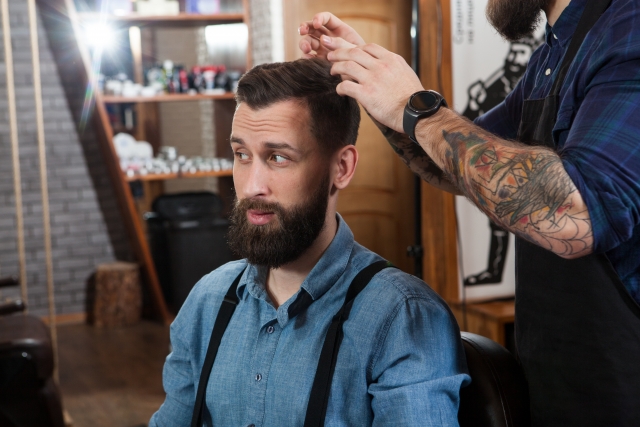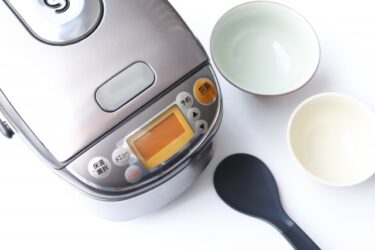In Japan, tattoos carry a complex cultural history and are often associated with organized crime or extreme life decisions rather than solely personal expression. This perception, though slowly changing among younger generations, remains largely influenced by Japan’s unique history and societal values. For foreigners with tattoos or those considering getting them, understanding the local context is crucial to navigating Japanese society with greater ease.
The Historical and Social Stigma of Tattoos
In Japan, tattoos have long been associated with negative stereotypes. Historically, tattoos were used as markers for members, or Japanese organized crime groups, and have also been linked to darker times when families struggling with poverty were forced to sell their daughters, marking them to prevent escape. These associations have led to a deep-rooted aversion to tattoos, especially among older generations.
Tattoos as a Fashion Statement and Cultural Divide
While tattoos are increasingly popular as a fashion statement in many countries, in Japan, they are still often viewed with suspicion or disapproval. Especially among older generations, tattoos are seen as marks of rebellion or association with the underworld. Public spaces such as sento (public baths), pools, and some gyms often have signs prohibiting entry to tattooed individuals. This poses a unique challenge for foreigners who may not anticipate such restrictions.
Medical Concerns: Tattoos and Imaging Scans
Tattoos also pose medical considerations in Japan. If you have a tattoo, you may face challenges when needing a CT or MRI scan, as the ink can interfere with imaging technology. Even for cosmetic tattoos, such as eyebrow tattoos or medical tattoos applied for reconstructive purposes, this limitation can apply, especially for non-medical tattoos.
Tattoo Removal and Concealment: A Common Choice for Many
Given the persistent stigma, many who received tattoos at a younger age later choose to remove them with laser treatment or conceal them with clothing that minimizes skin exposure. This is especially common for those who want to avoid social judgment or wish to assimilate more comfortably into Japanese society.
Understanding Japan’s Unique Perspective on Tattoos
For foreigners, it’s important to appreciate that Japan’s view on tattoos is rooted in a unique cultural history and has a deeply ingrained societal perception. This understanding can be crucial in helping you avoid misunderstandings and interact more smoothly in various public and social situations.







